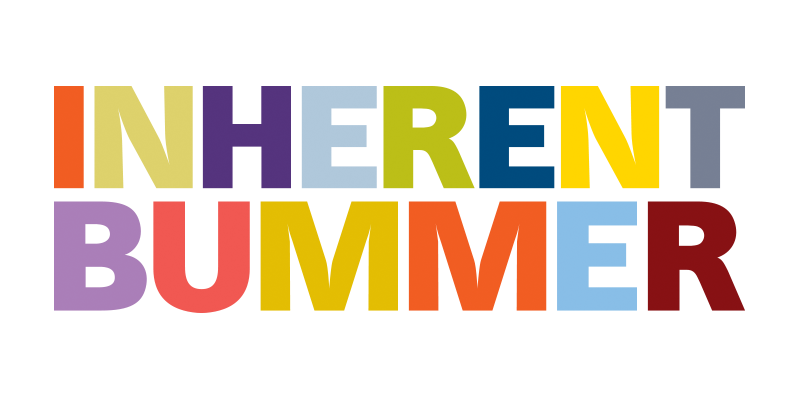Sunday With Books: Downtown Owl
Chuck Klosterman is a low-key American treasure.
His body of work serves as proof that social commentary doesn’t have to come from a place of professionalism, that philosophical discussions about MTV’s The Real World can be just as meaningful as those about religion or politics. His over-analyzations of the more un-fascinating, mundane side of American pop culture are both surprisingly relevant and pointlessly absurd at times, and are just as fun to read either way.
For example, I’m halfway through reading Sex, Drugs, and Cocoa Puffs, Klosterman’s self-described “low-culture manifesto,” and have learned the following so far:
1. Although marketed as an exercise in imaginative thought, The Sims is actually a sinister means of discouraging outside-the-box thinking.
2. Youth soccer programs glorify outcast culture, and this is somehow Nick Hornby’s fault.
3. Despite its roots as a religious organization, the Kellogg’s corporation could be considered a “microcosm for coolness.” (I’m still a little confused about this one)
4. Contrary to my previous beliefs, Billy Joel actually kicks ass.
Sex, Drugs, and Cocoa Puffs was written in the early 2000’s, and deals mostly with the ephemera and iconography of that era. But - on a more modern note - word on the streets is that Klosterman’s Downtown Owl, one of my favorite works of fiction of all time, is set to get the Hollywood treatment later this year.
“Somewhere in rural North Dakota, there is a fictional town called Owl. They don’t have cable. They don’t really have pop culture, but they do have grain prices and alcoholism. People work hard and then they die. But that’s not nearly as awful as it sounds; in fact, sometimes it’s perfect.”
Klosterman’s first foray into fiction deals with the residents of a non-existent town in North Dakota called “Owl.” The story traces the lives - or rather thoughts - of the town’s residents, who each have different emotions in regard to how Owl’s isolation from mainstream culture affects their respective social lives, careers, and futures.
That being said, Downtown Owl is really a story about storytellers; reading it feels like sitting around a campfire - or rather in the booth of some greasy roadside diner - surrounded by a motley crew of rural stereotypes as they regale their high school football team’s last state championship win, or complain about the market price of spring wheat, or debate the plausibility of the plot lines of their favorite network TV shows.
But it never feels vapid; filtered through Klosterman’s quirky, brainy lense, these depictions of “small-town quirkiana” all possess substance and wit. — Jackson Todd





